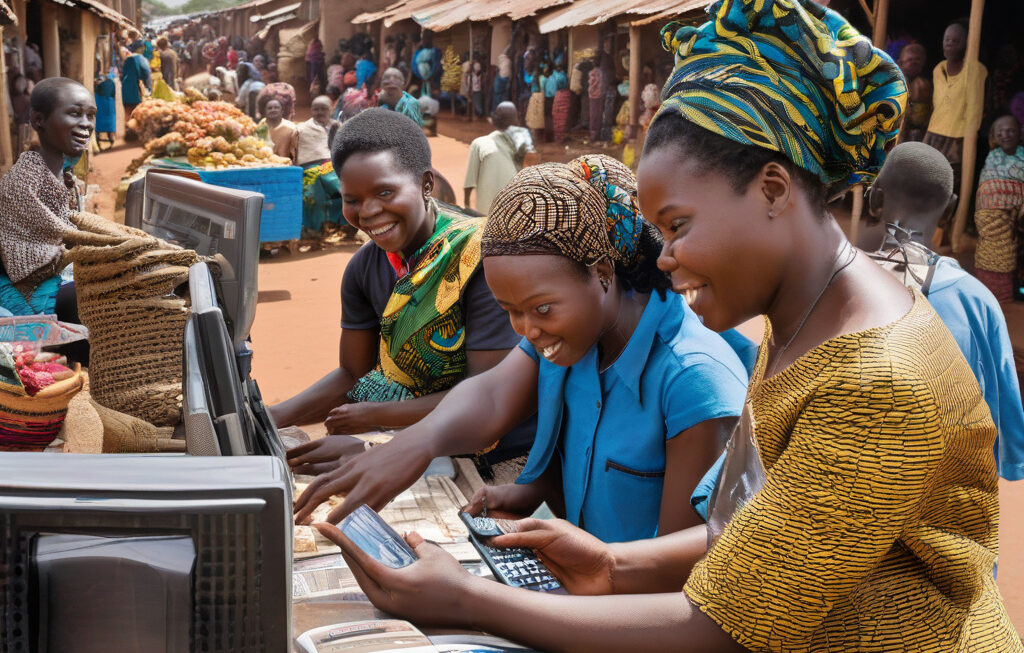Advancing Digital Identity in Africa: Striking a Balance Between Innovation and Sovereignty
In the digital age, the concept of identity has taken on new dimensions, particularly in Africa where technological advancements are rapidly reshaping traditional norms. As nations across the continent embrace digital transformation, the issue of digital identity has come to the forefront, presenting both opportunities for innovation and challenges to sovereignty. At the recent Internet Governance Forum (IGF), experts underscored the importance of striking a delicate balance between advancing digital identity systems and safeguarding national sovereignty.
Africa, with its diverse population and unique socio-economic landscape, stands at the forefront of digital innovation. From mobile banking solutions in Kenya to biometric identification systems in Nigeria, the continent has been quick to adopt cutting-edge technologies to improve access to services and foster economic growth. However, as digital identity becomes increasingly intertwined with everyday life, questions of privacy, security, and control have emerged, prompting policymakers to reevaluate existing frameworks.
One of the key discussions at the IGF revolved around the need to develop robust digital identity systems that empower individuals while respecting national sovereignty. Experts emphasized that while technological solutions offer unprecedented opportunities for inclusion and efficiency, they must be implemented in a way that prioritizes data protection and privacy rights. For many African countries, this means striking a balance between leveraging digital identity for social development and ensuring that citizens retain control over their personal information.
Nigeria, for example, has made significant strides in implementing a nationwide digital identity program through the National Identity Management Commission (NIMC). By issuing unique identification numbers to citizens and residents, the government aims to streamline service delivery, enhance security, and promote financial inclusion. However, concerns have been raised about data security and potential misuse of personal information, highlighting the importance of robust legal and regulatory frameworks to safeguard against abuse.
In neighboring Ghana, the introduction of the Ghana Card has similarly sparked debates about the intersection of digital identity and sovereignty. While the card promises to consolidate various forms of identification into a single, secure document, questions remain about data ownership and access rights. As the government works to expand the reach of the Ghana Card and integrate it into key sectors such as healthcare and finance, ensuring transparency and accountability will be paramount to building trust among citizens.
Across the continent, initiatives such as the African Union’s ID4Africa campaign seek to promote best practices in digital identity management and foster collaboration among stakeholders. By sharing expertise and resources, countries can learn from each other’s experiences and develop tailored solutions that meet the needs of diverse populations. From biometric authentication to blockchain technology, the possibilities for advancing digital identity in Africa are vast, but success will ultimately hinge on a shared commitment to upholding principles of sovereignty and individual rights.
As Africa continues on its digital journey, the dialogue around digital identity and sovereignty will only grow in importance. By embracing innovation while safeguarding fundamental freedoms, countries can harness the power of technology to drive inclusive growth and empower their citizens. The path ahead may be complex, but with careful planning and a dedication to principles of fairness and accountability, Africa can pave the way for a more secure and prosperous digital future.
digital identity, Africa, sovereignty, innovation, IGF












